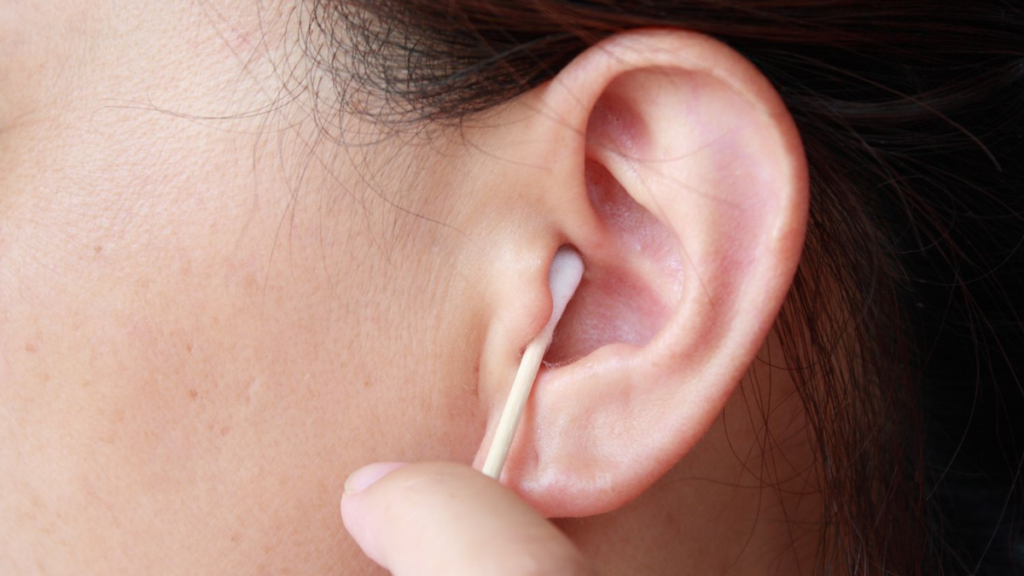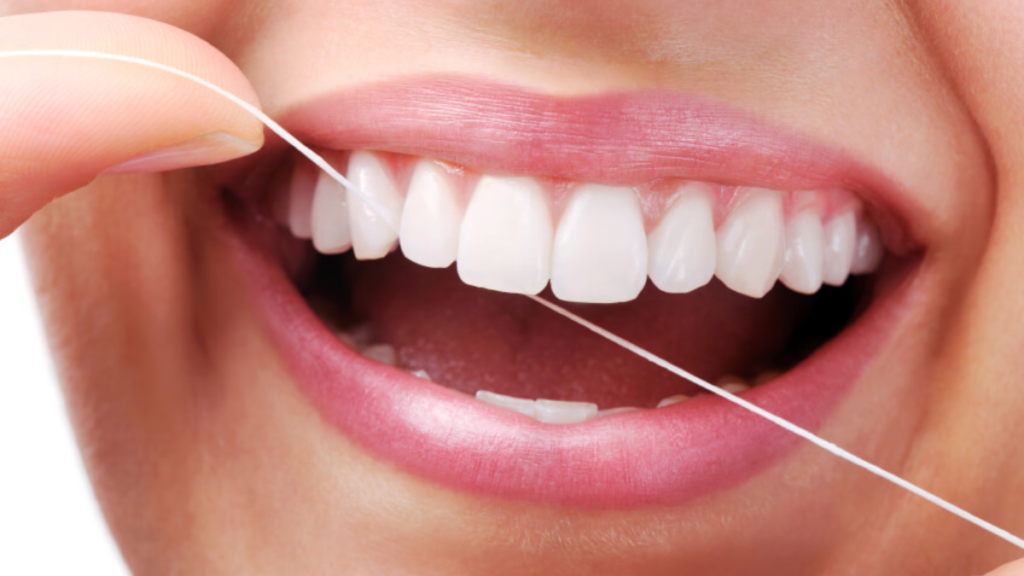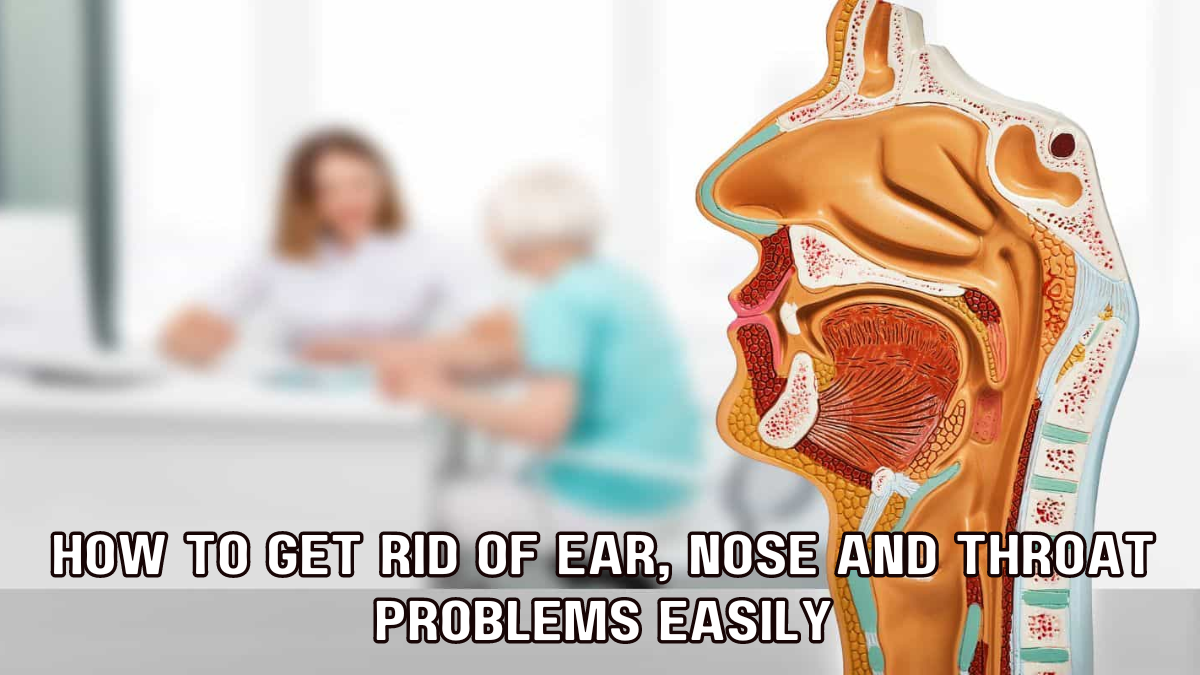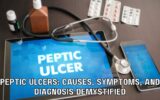Introduction:
When it comes to our ear, nose, and throat (ENT) health, prevention is often the best medicine. By taking proactive steps to care for these vital organs, we can reduce the risk of developing common ENT problems and maintain optimal well-being. In this blog, we’ll explore various strategies and lifestyle habits that can help prevent a range of ENT issues, from ear infections to sinusitis and beyond.
Practice Good Ear Hygiene:

- Avoid inserting foreign objects into your ears, as this can damage the delicate structures and increase the risk of infections.
- Clean your ears gently with a damp cloth, and avoid using cotton swabs to clean deep inside the ear canal.
- Protect your ears from loud noises by wearing earplugs or earmuffs in noisy environments, such as concerts or construction sites.
Maintain Nasal Health:

- Keep your nasal passages moist by using saline nasal sprays or nasal irrigation techniques, especially in dry or dusty environments.
- Avoid smoking and exposure to secondhand smoke, as it can irritate the nasal passages and increase the risk of sinusitis and other respiratory problems.
- Treat allergies promptly with antihistamines or nasal corticosteroids to prevent allergic rhinitis and reduce inflammation in the nasal passages.
Promote Oral Hygiene:

- Use proper vocal techniques when speaking or singing to avoid straining your voice. This includes speaking at a moderate volume, avoiding shouting or yelling, and taking breaks when needed.
- Stay hydrated and avoid excessive caffeine and alcohol consumption, as these can dehydrate the vocal cords and lead to hoarseness or laryngitis.
Practice Respiratory Etiquette:

- Cover your mouth and nose with a tissue or your elbow when coughing or sneezing to prevent the spread of respiratory infections.
- Wash your hands frequently with soap and water, especially during cold and flu season, to reduce the risk of spreading germs that can cause ear, nose, and throat infections.
Seek Regular Check-ups:

- Schedule routine check-ups with your ENT specialist for preventive screenings and to address any concerns about your ear, nose, and throat health.
- Be proactive in addressing any symptoms or changes in your ENT health, such as hearing loss, persistent congestion, or throat irritation, by seeking prompt medical attention.
Conclusion:
- Taking proactive steps to care for your ear, nose, and throat health can significantly reduce the risk of developing common ENT problems and improve your overall quality of life. By practicing good ear hygiene, maintaining nasal health, promoting oral hygiene, avoiding vocal strain, practicing respiratory etiquette, and seeking regular check-ups, you can protect your precious senses and enjoy optimal well-being for years to come. Remember, prevention is key to a healthy ENT system!












